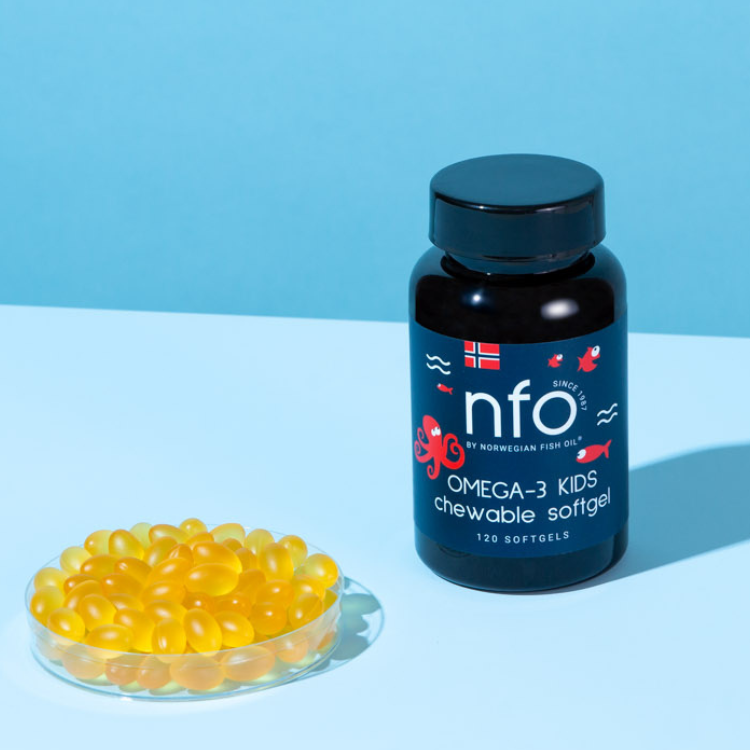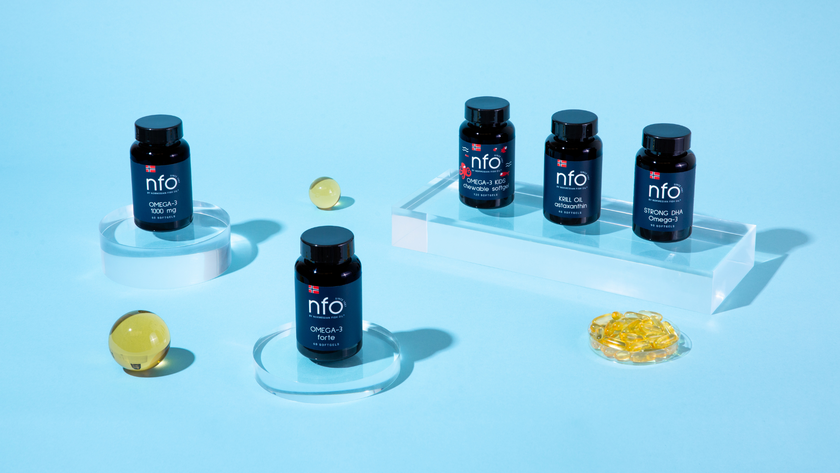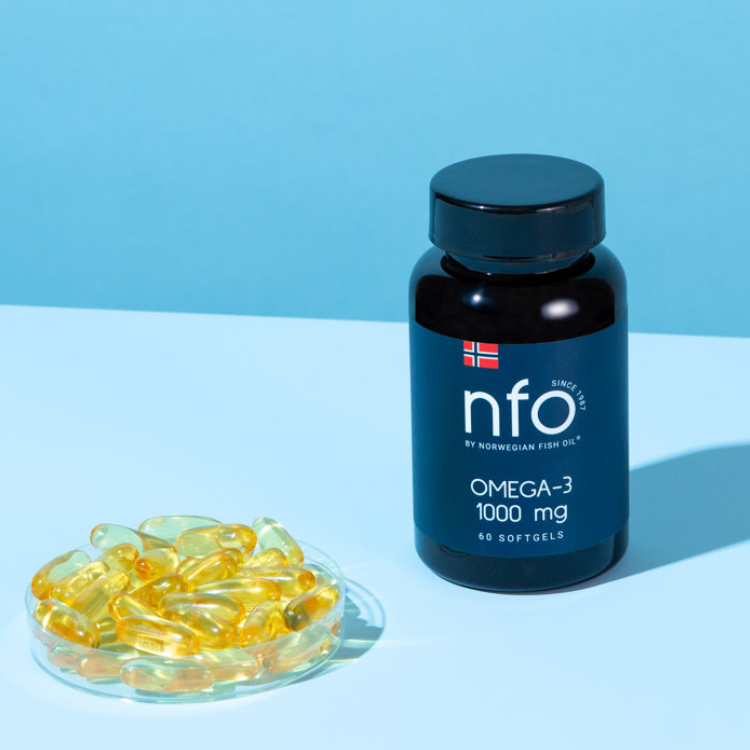Functions of Riboflavin
Riboflavin is a water-soluble vitamin that is vital for several bodily processes:
- Energy Production: Riboflavin is a component of two major coenzymes—flavin mononucleotide (FMN) and flavin adenine dinucleotide (FAD). These coenzymes aid in the metabolism of carbohydrates, fats, and proteins into glucose for energy.
- Antioxidant Function: Riboflavin contributes to the body's antioxidant defense mechanisms, aiding in the regeneration of glutathione.
- Maintenance of Healthy Skin and Hair: Adequate riboflavin levels support the growth and repair of tissues.
Sources of Riboflavin
Riboflavin is naturally present in various foods. Some rich sources include:
- Dairy Products: Milk, cheese, and yogurt.
- Eggs: Particularly the egg white.
- Lean Meats: Beef and poultry.
- Green Vegetables: Spinach, broccoli, and asparagus.
- Whole and Enriched Grains: Whole grains and fortified cereals.
Recommended Intake
The recommended daily intake of riboflavin varies based on age, sex, and physiological status. According to the National Institutes of Health (NIH), the average daily recommended amounts are:
- Infants (0-6 months): 0.3 mg
- Children (1-3 years): 0.5 mg
- Adolescents (14-18 years): 1.0 mg (females), 1.3 mg (males)
- Adults: 1.1 mg (females), 1.3 mg (males)
- Pregnant Women: 1.4 mg
- Breastfeeding Women: 1.6 mg
Riboflavin Deficiency
Although riboflavin deficiency is rare in developed countries, certain groups may be at risk, including:
- Individuals with poor diets
- Pregnant and lactating women
- Athletes with high physical activity levels
Symptoms of riboflavin deficiency, or ariboflavinosis, include:
- Sore throat
- Swelling of the mouth and throat
- Cracks or sores on the lips and corners of the mouth
- Inflammation and redness of the tongue
- Moist, scaly skin inflammation
- Anemia
- Itchy, watery, and bloodshot eyes
Health Implications
Adequate riboflavin intake has several health benefits:
- Prevention of Anemia: Riboflavin is involved in the production of red blood cells.
- Migraine Prevention: High-dose riboflavin supplementation may reduce the frequency and duration of migraines.
- Eye Health: Adequate intake may help prevent cataract formation and maintain eye health.









